Vidéos

IMRF Round table 4 Dialogue, 9 February 2022
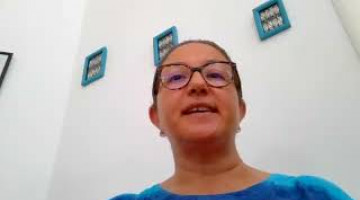
Arabic- Enhancing migration data and evidence-based policy making in Africa: recent initiatives and next steps

Safe and fair migration through Migrant Workers Resource Center
Collecting Migration Data: Administrative vs. Survey Data
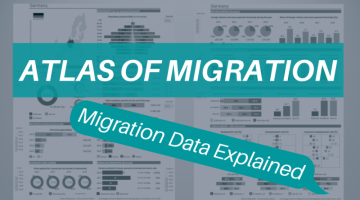
Atlas of Migration: Easily Accessible Migration Data
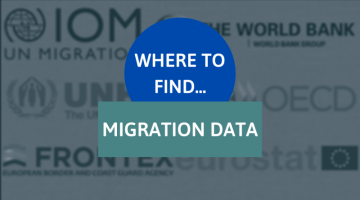
Where to Find Migration Data
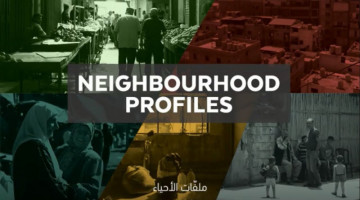
UN-Habitat–UNICEF Neighbourhood Profiles in Lebanon (UN-Habitat Lebanon)

Remittances Data
Classifying and Defining Migrants for Statistics
Migrant Stocks vs. Migrant Flows

Panel Discussion "GCM Objective 1" (Diaspora Transnationalism)
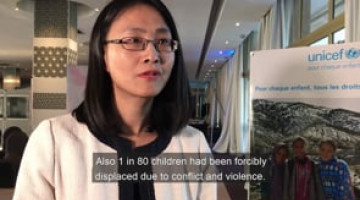
TALKING MIGRATION DATA: Data on migrant children
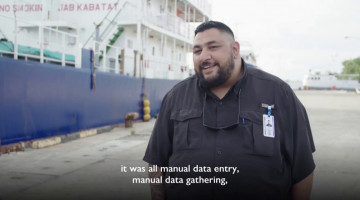
Protecting Sustainable Livelihoods with Innovative Border Security

International Migrants Day (18 December 2019) - UN Chief's Message
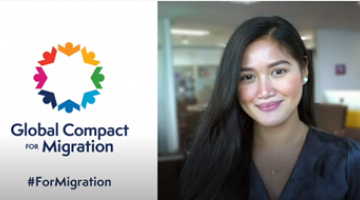
The Global Compact for Migration
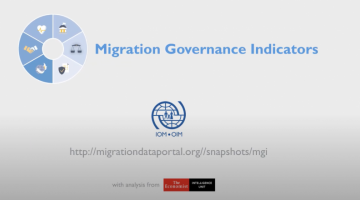
Migration Governance Indicators (MGI)
About the Migration Network Hub
What is the Migration Network Hub?
The Hub is a virtual “meeting space” where governments, stakeholders and experts can access and share migration-related information and services. It provides curated content, analysis and information on a variety of topics.
The Hub aims to support UN Member States in the implementation, follow-up and review of the Global Compact for Migration by serving as a repository of existing evidence, practices and initiatives, and facilitating access to knowledge sharing via online discussions, an expert database and demand-driven, tailor-made solutions (launching in 2021).
Submit your content
What content is displayed in the Hub?
The Hub aims to help you find information on migration, ranging from policy briefs and journal articles, existing portals and platforms and what they offer, to infographics and videos. The different types of resources submitted by users undergo peer review by a panel of experts from within the UN and beyond, before being approved for inclusion in the Hub. To provide guidance to users based on findings of the needs assessment, the content is ordered so that more comprehensive and global resources are shown before more specific and regional ones. Know a great resource? Please submit using the links above and your suggestion will be reviewed. Please see the draft criteria for existing practices here.
Apply to join the Peer Review Roster
Content submitted to the Migration Network Hub is first peer reviewed by experts in the field from both the UN and beyond. Applications are welcomed to join the roster on an ongoing basis. Learn more here.
Contact us
We welcome your feedback and suggestions, please contact us
*Toutes les références au Kosovo doivent être comprises dans le contexte de la résolution 1244 (1999) du Conseil de sécurité des Nations Unies.
Newsletter
Subscribe to our newsletter.